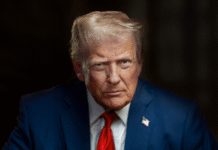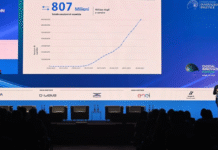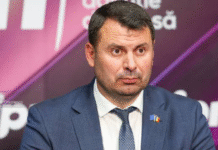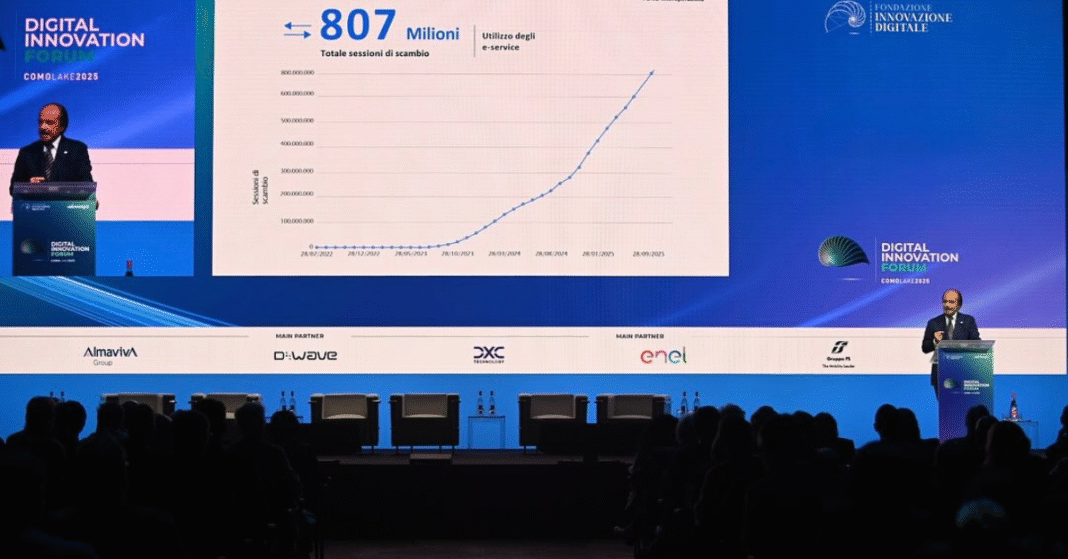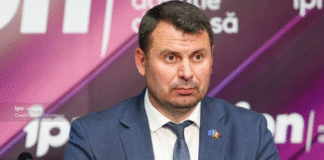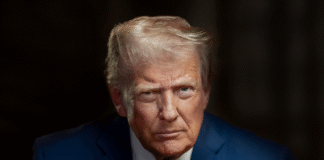In Cernobbio, ComoLake 2025 continues to tell the story of an Italy that, over the past three years, has not stood by watching the technological revolution, but has chosen to lead it—with vision and pragmatism. Villa Erba has become, these days, a crossroads of science, politics, and enterprise: a place where the future is not a theoretical projection but a process already taking shape.
There is a red thread linking Gutenberg’s printing press, Volta’s electricity, and artificial intelligence: every technological revolution is also a cultural one. The first spread knowledge, the second powered industrial progress, and the third is rewriting the relationship between human beings and information. It is the digital revolution, redrawing the boundaries between freedom and control, between creativity and automation—an age in which knowledge is no longer the privilege of a few, yet every individual risks becoming transparent before the power of data.
In this context, ComoLake offers a reflection that goes beyond mere technological enthusiasm. Here, the word innovation is not a slogan—it is a commitment. After the interventions of Nobel laureates and leading international researchers, Undersecretary Alessio Butti clearly summed up the government’s direction: «We are no longer in an era in which citizens must go to the State, but one in which the State comes to the citizens».
That is the concept of the “Active State”, one of the most powerful ideas emerging from this year’s forum. It envisions a public administration that does not trap citizens in bureaucracy but supports them—anticipating their needs and respecting their time. In this vision, technology is not meant to complicate life but to give people back their time and dignity. It is a cultural paradigm shift before it is a digital one, made possible by concrete results: over 800 million documents have already been digitized, and 9,000 institutions are connected to the National Digital Data Platform, revolutionizing how the Italian public administration communicates.
ComoLake also highlights a concept that is becoming increasingly central in the international debate: technological sovereignty. Italy is the first country in the world—after the European AI Act—to approve a national law on artificial intelligence. Not a symbolic move, but a political act. It means protecting Italian enterprises, empowering researchers, and asserting that technology must serve humanity, not the other way around. «We have chosen to regulate artificial intelligence according to our identity», explains Butti, «because Italy is Italy».
The forum also confirms the centrality of quantum computing, with the birth of the Q Alliance, an agreement signed right here in Cernobbio between IonQ and D-Wave, two world leaders in the field. It is the first collaboration between two competing technologies and will lead to the hiring of one hundred researchers, most of them Italian. A powerful signal that demonstrates how the country can attract high-level scientific investment while retaining the talent that too often has had to go abroad.
Throughout the speeches and the overall atmosphere, one message clearly emerges: innovation means freedom—but only when guided by ethics, vision, and identity. «Technology, when well oriented, can be a tool for peace, progress, and freedom», Butti reaffirms, earning warm applause from the audience. It is a concept that runs through every panel, from digital healthcare to mobility, from infrastructure to energy: Italy does not merely want to digitize—it wants to humanize innovation.
On the shores of Lake Como, surrounded by beauty and history, the challenge is clear: to build an Italian model of the future—one in which modernity does not erase our roots but renews them. ComoLake 2025 does not celebrate technology; it guides it. And perhaps that is the true cultural revolution of our time.



